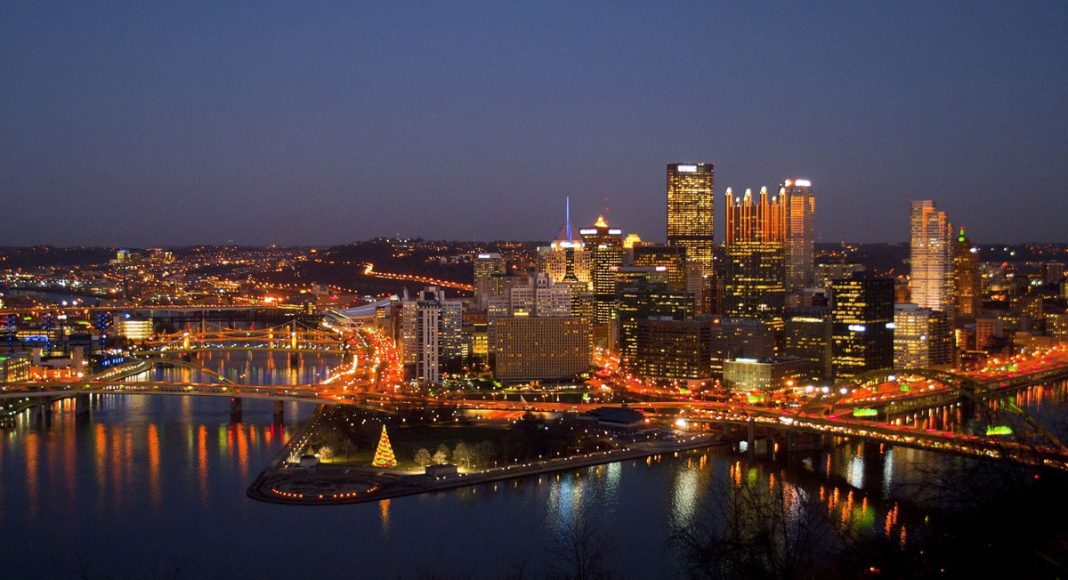In December 2015, with much fanfare and political grandstanding, the Pittsburgh City Council announced it had passed an ordinance decriminalizing cannabis. After more than two years later, the law appears to be failing.
Shortly after the vote more than two years ago, Pittsburgh City Councilor Daniel Lavelle told City Paper, “From a social perspective, it will really help a lot of young men and women’s lives from being destroyed or caught in sort of the hamster wheel of prosecution through governmental means,”
But earlier this week, City Paper, Pittsburgh’s leading alternative weekly newspaper, reported that marijuana-possession arrests skyrocketed in 2017 after going down the first year of the legislation.
According to detailed reporting from the award-winning weekly:
Chris Goldstein of marijuana-advocacy group Philly NORML compiled statistics from the Pennsylvania Crime Reporting System over the past few years. Goldstein counted the arrests filed under Pennsylvania statute 18F, which signifies misdemeanor possession of less than 30 grams of marijuana.
In 2016, the first year of decriminalization in Pittsburgh, marijuana-possession arrests dropped to 494 for the year (down by 160). But in 2017, marijuana-possession arrests increased to 772. In fact, 2017 arrests for possessing less than 30 grams of marijuana even surpassed the 2015 totals by 118 arrests (before a decriminalization ordinance was in place but recognized as necessary by city officials).
This, obviously, was not the intent of the law. The goal of the ordinance was that the city would save taxpayers’ dollars because fewer resources would be employed to arrest and prosecute citizens. Even more important, the city council was hoping to reduce the disproportionate arrests of black people.
Instead, marijuana advocates are up in arms over the fact that “the ordinance has had virtually no effect on shrinking the disproportionate gap in which black and white people are arrested for marijuana possession,” according to City Paper’s reporting.
Pittsburgh political leaders are aware of the law’s failure to work as intended and are exploring ways to fix the problem. But arrests will only drop again, cannabis advocates say, if changes are made to the existing law. More problematic, some people argue, is the anti-marijuana attitude of law enforcement officers in the city.
Patrick Nightingale, of marijuana-advocacy group Pittsburgh NORML, told City Paper that possession arrests are still overwhelmingly affecting African Americans in Pittsburgh. Out of the 772 people arrested on misdemeanor marijuana-possession charges in 2017, 551 of them were black. That means in a city where African Americans make up just 24 percent of the population, black residents made up 71 percent of these marijuana arrests. That percentage has seen virtually no annual change since 2013.
“You are still bringing 700 people into the court and fingerprinting them, and that is 700 people that still need their records expunged,” Nightingale told City Paper. “All of these cases are still being withdrawn. Why are these people getting fingerprinted?”


